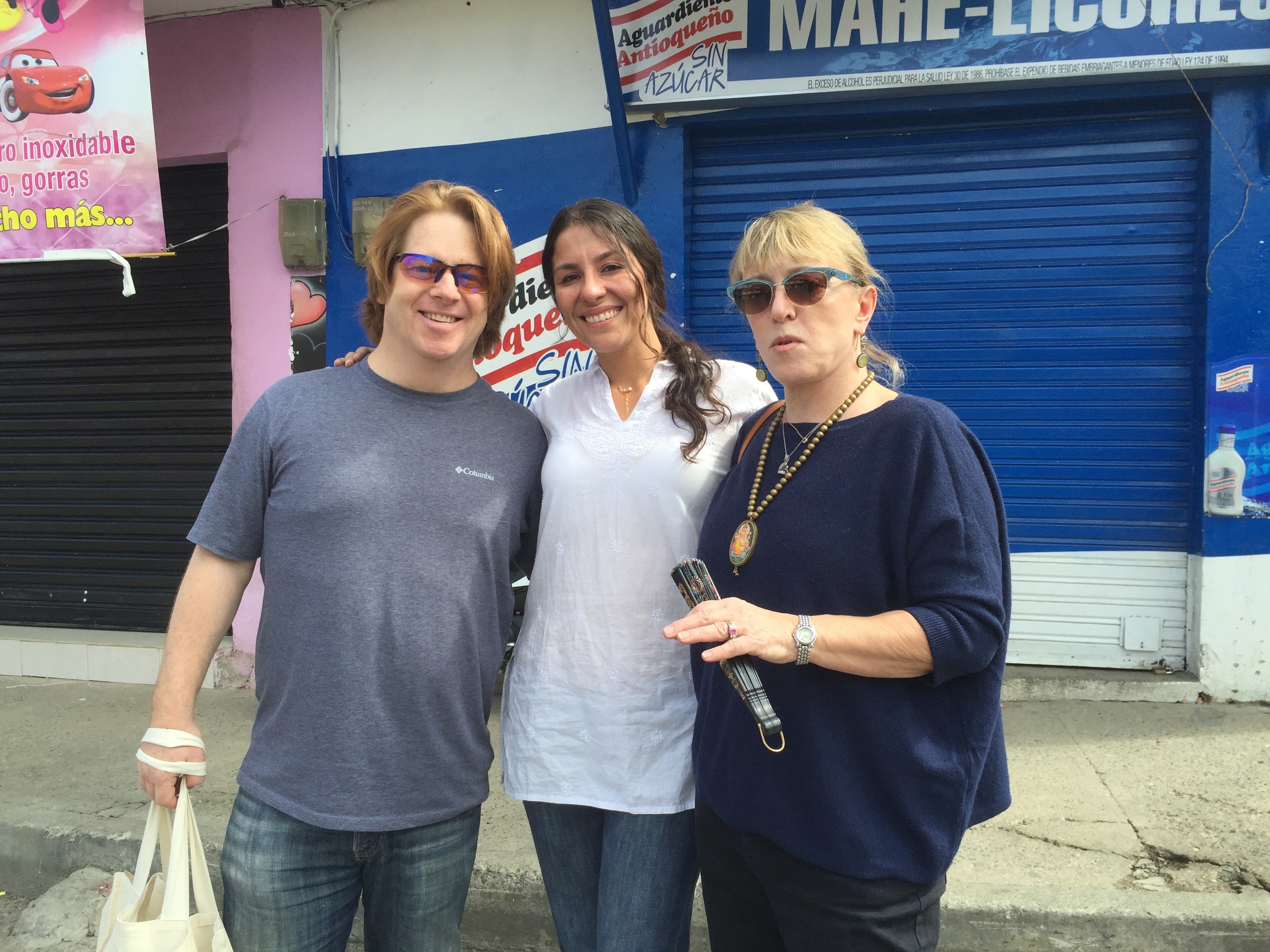I'm just back from two weeks in Europe. I flew to Amsterdam to give an invited talk on The End of Night, then spent the rest of the time doing research for The Ground. I also ate my weight in cheese, bread, and chocolate. And organic eggs at an English farm (a "proper English breakfast" pictured below), quiche Lorraine in a fabulous Amsterdam cafe, and steak frites in Paris. And coffee... I never drink so much coffee as I do when in Europe. They have coffee after every meal, and between meals. It's a joy.
But I'm not writing a book on food (just somewhat on food). I'm writing a book on the ground at our feet. And looking for stories. I found some good ones. Including the organic farm in the English countryside, with Pete Townsend's house in the distance.
And the World War One battlefield The Somme, where on July 1, 1916 the British military lost 20,000 killed and another 40,000 wounded. In some places you can still see the trenches and bomb craters, and in the areas which once were "no man's land" still lie unknown bodies and unexploded shells.
I also went to the Van Gogh museum in Amsterdam a couple times. I think it's a great museum, and I'm inspired to write about Van Gogh in the new book. He was so inspired by nature, and his paintings so reflect his love for it... I'm hoping I can find some experts to talk with about the kinds of plants, wheat, flowers, depicted in his paintings, living things that all depend on the ground.
Of the three cities I went to--Amsterdam, Paris, and London--I like them all a lot, but Amsterdam is really so beautiful, with such friendly people. Just walking the ground there was inspiring too. One of the stories in The Netherlands is the way the Dutch are actively engaged with the rising sea. Of course, they've been dealing with the sea for centuries. But unlike some places in the US which are actively denying sea level rise, the Dutch are planning for that distinct possibility. It's clear, walking the lovely Amsterdam streets, that this is a country that wants to live with water, rather than fight it.
I'm very much in the period of gathering stories for the new book. What I'm looking for are entertaining and interesting stories that help us see the beauty and history and future at our feet. I think I'm finding them.

















